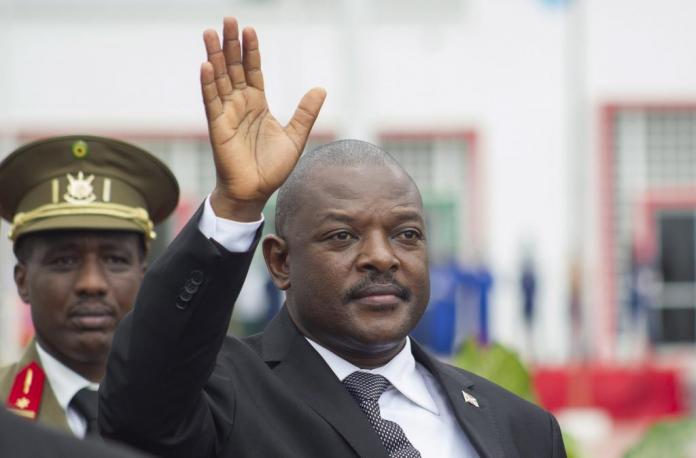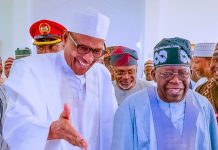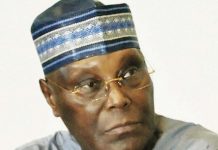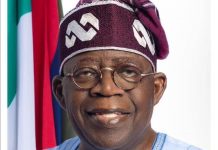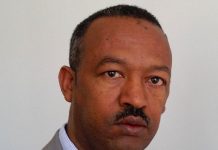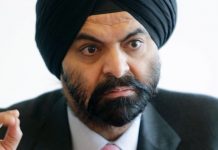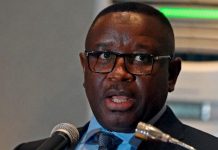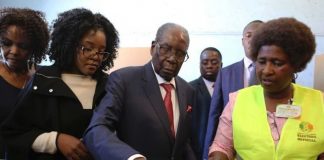Political watchers and analysts from the advanced countries will never stop to wonder why Africans do not understand that power is transient. Life itself is transient. It comes and goes. The President of Burundi, Pierre Nkurunziza, has joined the unending team of jokers who want to stay in power forever. He has launched a campaign to effect constitutional changes that could keep him in power until 2034.
The move is coming two years after he cracked down violently on his opposed to his bid for a third term, it is unclear what form opposition to the move will take.
On the recommendation of a national advisory board, Burundi’s government has organised a referendum for early 2018 on constitutional changes that would allow Nkurunziza to seek up to two more seven-year terms after his current mandate ends in 2020.
As he announced his party’s campaign in favour of the proposals at a rally of supporters last week, Nkurunziza threatened anyone who might plan to undermine the referendum. He declared, “We take this opportunity to warn those who want to sabotage this project, whether by speech or actions”. In his firm words, “It will be a red line.”
Many political opponents see a newer and bolder attempt of Nkurunziza to remain in office beyond the democratic limits, two years after seeking and winning a controversial third presidential term. “We do not need a lifetime president, but this is a man who just wants to install a dictatorship in Burundi,” says Jérémie Minani, an opposition figure who ran against Nkurunziza in 2015 and now lives in exile in Brussels.
“He claims that it’s coming from the consultation made by the national commission but that commission is pretty much led by the regime,” Minani continued. “The purpose of the commission is obviously to help him remain in power for his entire life.”
Nkurunziza’s bid for a third term in 2015 plunged the country into months of demonstrations, police crackdowns, attacks, arrests and the exile of opposition figures. As many as 2,000 people are estimated to have died in the turmoil and the International Criminal Court has begun looking into alleged crimes.
If the referendum goes ahead, it would happen in an environment hostile to United Nations and other external observers as well as to any possible dissent. “If you take all the signs of not just current Burundi but also what’s happened since the uprising back in 2015, it does not look like there will be conditions for a free and fair referendum,” says Alex Fielding, a Stockholm-based security analyst on African affairs with risk consultancy 4C Strategies.
On the one hand, the new moves could stoke new discontent that would renew the violence of recent years. “Millions of Burundians will not accept a lifetime presidency,” Minani says. “In the coming months or even weeks, we’re going to start seeing people stand up and say no.”
But on the other hand, the government crackdown of the past two years has also changed Burundi’s political landscape, prompting Minani and others to flee abroad. “There is no really active opposition in the country,” says Florent Geel, the Director of the African region of the International Federation for Human Rights.






